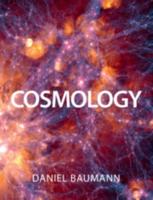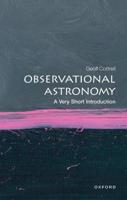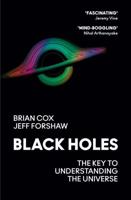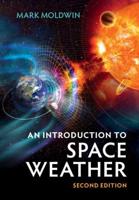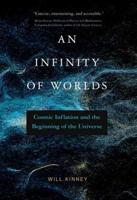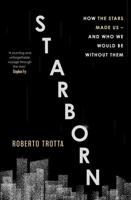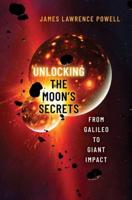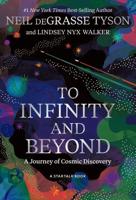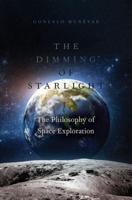Publisher's Synopsis
Frederick William Herschel, KH, FRS ( November 15, 1738 - August 25, 1822) was a British astronomer and composer of German origin, and brother of fellow astronomer Caroline Herschel, with whom he worked. Born in the Electorate of Hanover, Herschel followed his father into the Military Band of Hanover, before migrating to Great Britain in 1757 at the age of nineteen. Herschel constructed his first large telescope in 1774, after which he spent nine years carrying out sky surveys to investigate double stars. The resolving power of the Herschel telescopes revealed that the nebulae in the Messier catalogue were clusters of stars. Herschel published catalogues of nebulae in 1802 (2,500 objects) and in 1820 (5,000 objects). In the course of an observation on 13 March 1781, he realized that one celestial body he had observed was not a star, but a planet, Uranus. This was the first planet to be discovered since antiquity and Herschel became famous overnight. As a result of this discovery, George III appointed him Court Astronomer. He was elected as a Fellow of the Royal Society and grants were provided for the construction of new telescopes. He was the first President of the Royal Astronomical Society when it was founded in 1820. He died in August 1822, and his work was continued by his only son, John Herschel.

